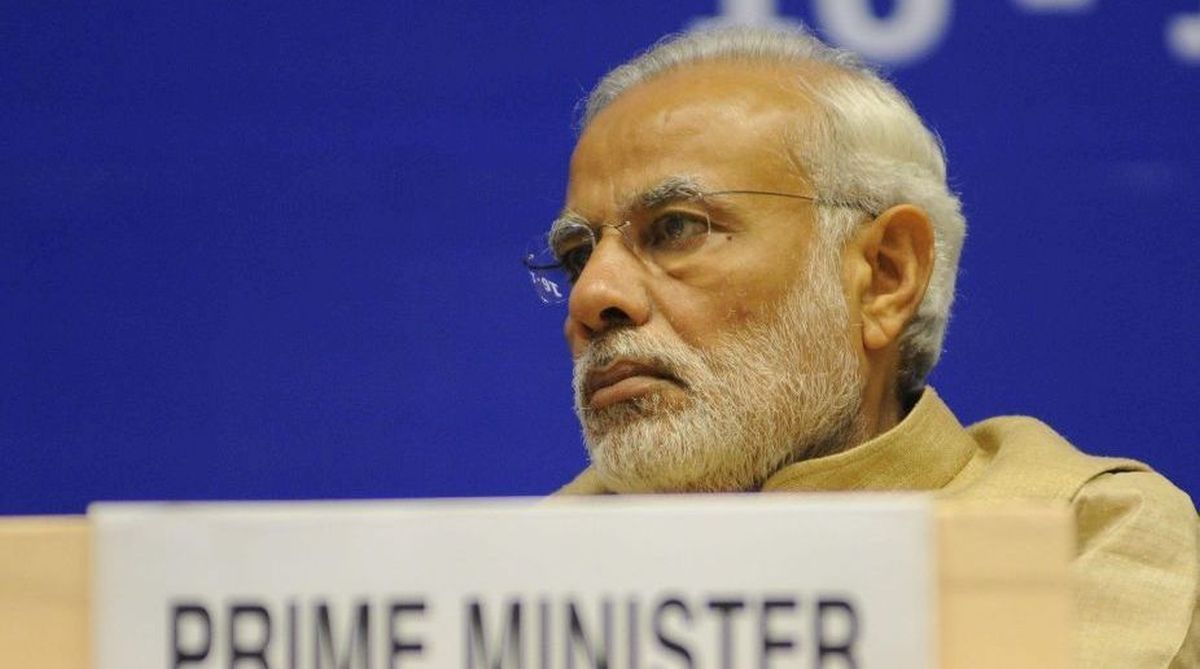The recent increase in the minimum support prices (MSP) for 14 crops being put down during the ensuing ‘kharif’ season appeared substantial enough for the announcement to attract bold headlines ~ and kudos from political entities inclined in the government’s favour. As was only to be expected, the Opposition said it was misleading eyewash, fell short of much-hyped promises, and reflected the NDA’s obsession with making a show, nothing more substantial.
Economists too were divided in their opinion: some averred it was a political move with an eye on the 2019 elections, others insisted that the projected outlay of Rs 15,000 crore on procurement would have an inflationary impact, and thus the distressed farm sector would be back to square one. One pointer to the success of the move would be available when the figures for the acreage under the crops become available ~ they will point to how the farmers perceived the supposed hefty hike in MSPs. I
Advertisement
t is, however, argued that after minimal hikes over the last three years the latest increases were only playing catch up. More telling will be the kharif production figures after the summer crop is harvested. The bounty of the monsoon will have a key impact on that, as well as the residual moisture in the soil. So too on the level of ground-water recharged and the storage in reservoirs ~ the kharif output cannot be seen in isolation from the winter rabi.
Production is, alas, only one element in the agricultural picture. All governments assure farmers that their entire production will be bought at the MSP but that promise is only partially kept ~ a bumper crop winds up forcing distress sales. Badly hit are the small and marginal farmers who contribute the lion’s share of the granary ~ many of them are not even aware of the MSP, and cannot wait for an official procurement agent to pick up their produce when they go to the market.
Official claims notwithstanding, the procurement process remains inefficient, corrupt, and farmers are left to the mercy of the traditional commission agents who call the shots at the markets. That vicious cycle has yet to be broken. Storage is another persistent problem. The official agencies have their silos, but the smaller farmers cannot afford to hold back their produce until the market turns favourable: they need the finances to prepare for the next crop.
Agrarian distress, unfortunately, is perceived from an essentially financial angle ~ famers taking their own lives, politically-loaded loan-waivers, increases in MSPs…. these “first steps” only address the symptoms, possibly attract votes too. Yet the roots of that distress run deep and need a comprehensive reform of Indian agriculture ~ livestock farming, for example, has been hit by religiously-sanctioned cow vigilantes running amuck ~ and Krishi Bhawan appears helpless. So helpless in fact, that the home minister was tasked with announcing the new MSPs.











